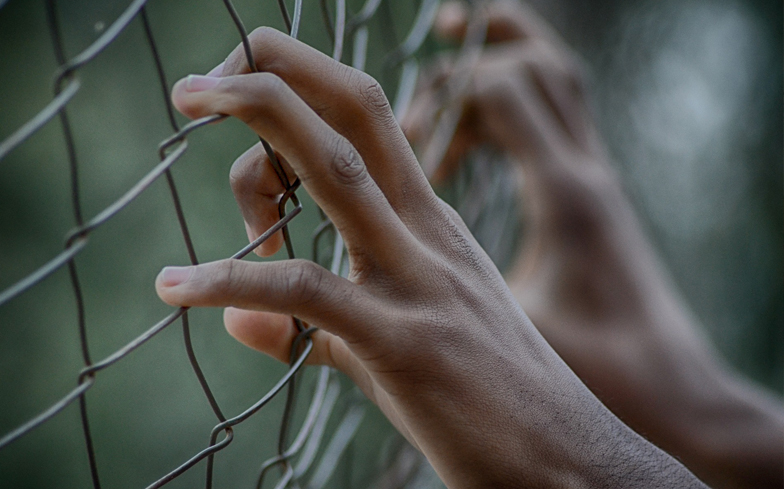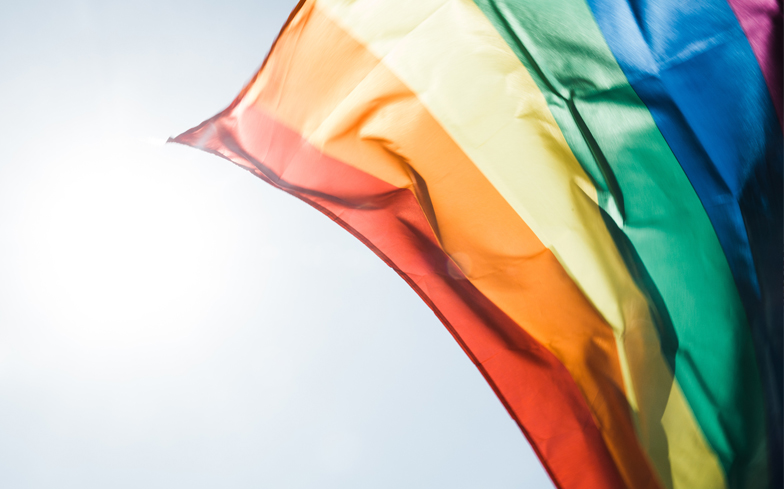
“She asked me why I was in a relationship with another man if Christianity doesn’t accept it. I said I can’t help it, it’s who I am.”
(Emmanuel, LGBTQ refugee from Nigeria)
Only around 25% of asylum claims made on the grounds of sexuality are approved by the Home Office in the UK, with 35% of those rejected then overturned on appeal.
The Home Office decision making process on asylum for LGBTQ refugees is unjust. LGBTQ refugees have to prove their sexual or gender identity. They are often required to demonstrate a higher standard of proof than reasonable degree of likelihood, or “real risk,” the standard of proof used for all asylum claims.
The UK Lesbian & Gay Immigration Group (UKLGIG) have recently released a new report entitled Still Falling Short, which examines Home Office decision-making in LGBTQ asylum claims since March 2015.
As a gay Christian, I am angry that LGBTQ refugees are having their religious beliefs challenged. The testimonies collected by UKLGIG show interviewers anticipating, or even provoking, inner conflicts surrounding faith. This applies not just to Christians, but also to Muslims. One LGBTQ Muslim was told, “you have not provided a reasonable explanation as to why you have continued to practice Islam knowing full well that homosexuality is not permitted in the religion.”
It is counterintuitive for a state organisation to be telling people that they must choose between their faith and their sexuality. This contradicts basic human rights principles. Who are the Home Office to even ask these questions?
Shockingly, some LGBTQ asylum seekers started to participate in conversion therapy – which the Government is now seeking to ban – upon arrival in the UK. This was so that they could maintain the support of their religious communities during the asylum process. People can wait months or years for a decision on their asylum claim and since most asylum seekers are not allowed to work during that time and receive just £36.95 a week to live on, they often become dependent for support on the communities around them.

Related: The UK has a responsibility to defend the rights of LGBTQ people in the Commonwealth
Similarly, stereotyping is taking place in the expectation that refugees will be able to provide accounts of their journeys with sexuality or gender. Questions are posed as to how refugees reconcile or understand identities. This superimposes assumptions on people who have grown up in different cultures.
For example, I realised that I was gay between the ages of 12 and 14. I first visited a gay nightclub at the age of 16. I came out to my parents when I was 19. It is unrealistic to expect asylum seekers, who have had to repress or conceal aspects of their identities, to relate comparable narratives. If I cannot state for certain when I began to have feelings for men, having written and spoken extensively on the topic, how can a gay refugee? There are unlikely to be gay nightclubs in the countries they are fleeing from. They may also not be out to their parents.
LGBTQ asylum seekers are penalised in the decision making process for a delay in making an application on the grounds of sexuality or gender. They may not have developed self-awareness of their sexuality or have the confidence to talk about it to others. This partly explains why many LGBTQ refugees do not claim LGBTQ status on arrival, but rather at a later date. Some people are simply unaware that they can claim asylum because they are LGBTQ.
Supporting evidence is given little weight if it post-dates the asylum application. In April 2016, a bisexual man presented 90 photos of himself and his partner, but these were dismissed as self-serving. This was because they dated from after he had claimed asylum. This is very unfair. In some countries there are no LGBTQ organisations, as they are illegal and LGBTQ friends may be afraid of being outed. It is therefore almost impossible for some LGBTQ refugees to obtain evidence from diaspora communities.
Trans and non-binary people are still being asked inappropriate questions during the asylum process. This is admittedly a comparatively complex area and the Gender Recognition Act 2004 is currently being reformed. There are obvious issues around misgendering taking place though, with some asylum seekers asked whether they have undergone gender affirmation surgery. This is inconsistent, as UK law is clear that a Gender Recognition Certificate can be obtained without having undergone gender affirmation surgery.
LGBTQ refugees, often fleeing repressive regimes, are not being treated with the respect they deserve by the Home Office. Any assertions made around faith should not be challenged. A nuanced approach is required when it comes to assessing LGBTQ identity and the Home Office must apply the correct standard of proof. We need an asylum process which protects, rather than persecutes, LGBTQ people.
Related: There is no room for complacency when it comes to LGBTQ inclusion at schools



